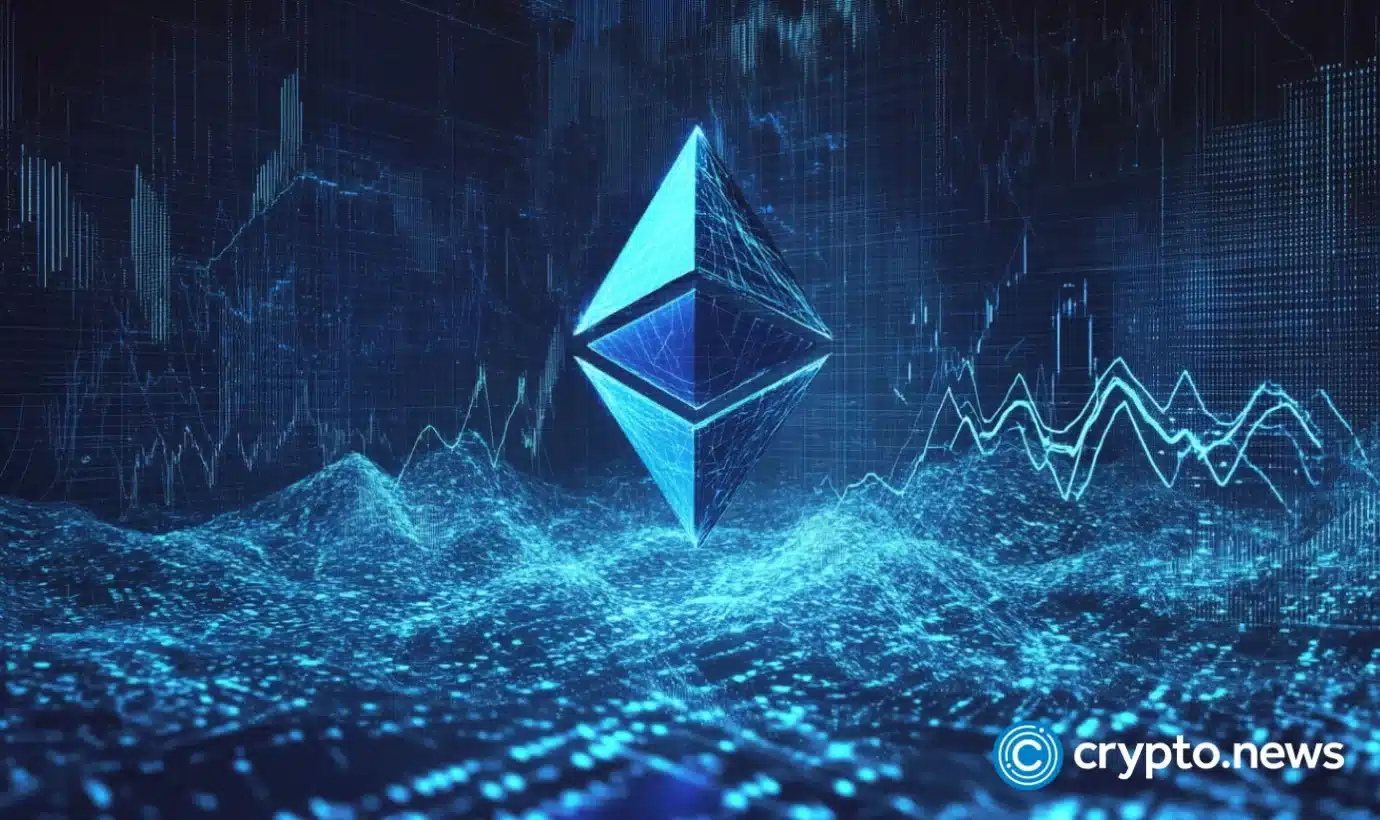What is Gwei and why it matters for Ethereum users

What is Gwei in crypto? In the Ethereum network, Gas is used to pay for transaction fees. Gas prices are typically denominated in Gwei.
Let’s take a closer look at what Gwei is and how it impacts your Ethereum (ETH) transactions.
Table of Contents
What is Gwei? Gwei explained
What does Gwei mean in crypto? It’s essentially the “spare change” of Ethereum, representing one billionth of an ETH (0.000000001 ETH). Gwei is widely used for Ethereum transaction fees because those costs are typically tiny fractions of ETH. Instead of wrestling with a long string of zeros, fees are expressed in Gwei for simplicity and clarity.
For instance, a transaction fee of 0.000021 ETH is easily understood as 21 Gwei. This shorthand not only simplifies calculations but also helps users quickly assess costs, making it easier to navigate Ethereum’s bustling and dynamic ecosystem.
By standardizing fee expression in Gwei, the network ensures that even those new to crypto can engage with Ethereum transactions confidently and efficiently.
Gwei and its role in transaction speed and cost
On the Ethereum network, Gwei is more than just a unit of currency — it’s your ticket to faster transactions. When you set your transaction fee in Gwei, you’re telling miners how much you’re willing to pay for priority. Higher fees get quicker confirmations, especially during busy periods when demand skyrockets.
This system ensures that everyone can find a balance between speed and cost. Whether you’re in a rush or just trying to save, Gwei gives you the flexibility to tailor transaction fees to your needs, making the blockchain experience smoother and more user-friendly. It’s a simple yet powerful way to manage transactions effectively.
How to calculate gas fees in Gwei?
In simple terms, to know how much you’ll pay, you just multiply the gas needed for the transaction by both the base fee and the priority fee. The formula looks like this:
Total fee (Gas fee) = Gas used * (Base fee + Priority fee)
Gas used is the amount of processing power needed to complete an Ethereum transaction. Basic operations, such as sending ETH, use minimal gas, while actions involving smart contracts use more, since they require additional data and execution steps.
The base fee on Ethereum is automatically set by the network and can fluctuate depending on the level of activity at any given time. This fee is essential for keeping everything running smoothly and ensuring fair access for all users. It’s a fixed cost that every user must pay, regardless of how quickly they need their transaction completed.
On the flip side, the priority fee is like a tip you give to miners or validators to get your transaction bumped up in line. The higher your tip, the quicker your transaction will be confirmed.
Factors that influence Gwei prices
Gwei price fluctuates based on the activity level on Ethereum. Think of it like this: when a lot of people are trying to send their transactions at the same time, it’s going to cost more. The base fee system adjusts Gwei price accordingly, but big events, like network updates or the release of new DeFi projects, can make it spike. Gwei price, in short, is a reflection of how much traffic the Ethereum network is dealing with.
Gwei ensures that your transaction isn’t lost in the crowd during peak times. Knowing how it works can help you better manage costs and make informed decisions when sending ETH or using decentralized services.
The future of Gwei and Ethereum gas fees
The future of Gwei and Ethereum gas fees is promising, thanks to ongoing network upgrades and innovations. With the successful transition to Ethereum 2.0, which introduces PoS, gas fees have become more predictable and efficient.
As Ethereum’s scalability improves with sharding and rollups, the cost of gas fees is set to decrease, making transactions more affordable. Even though gas fees will remain a key part of the network, the continuous enhancements to Ethereum’s infrastructure mean that transactions will be faster, cheaper, and more accessible for everyone in the future.















